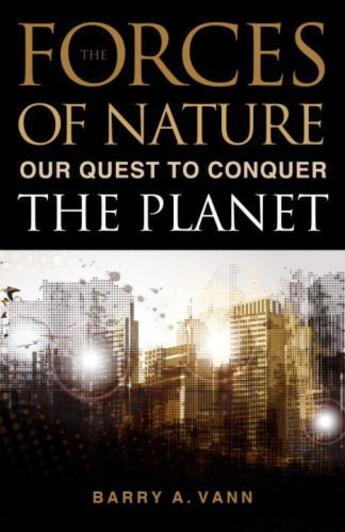-
Nombre de pages : (-)
-
Collection :
(-)
-
Genre :
(-)
-
Thème :
Non attribué
-
Prix littéraire(s) :
(-)
Résumé:
This illuminating overview of human population shifts and their precarious relationship with climate change and geography brings a unique perspective to understanding our age-old natural desire to inhabit picturesque landscapes or to transform once-desolate areas into new gardens of growth, all... Voir plus
This illuminating overview of human population shifts and their precarious relationship with climate change and geography brings a unique perspective to understanding our age-old natural desire to inhabit picturesque landscapes or to transform once-desolate areas into new gardens of growth, all the while confronted by the dangerous, often life-threatening natural events that test our endurance. The author takes us on a journey along the ancient migration routes of our earliest ancestors and examines why many chose to settle in natural utopias with ample water; lush, fertile lands; and a moderate climate, while others were forced to make the most of far less inviting surroundings. Today, populations still shift. Some people migrate for devoutly religious reasons--outgrowing their surroundings, they move to the next available area, seeking a better life and spreading their religion--potentially instigating social conflict. We also now migrate in order to fulfill our wants and needs. Instead of settling near sources of water as a means for growth and survival, we seek out waterfront areas for their appealing landscape, though these spaces are already teeming with people. In contrast, many others are willing to move to new areas, no matter how inhospitable the clime, to earn a living. While there is still no technology that can protect vulnerable groups against the threatening features of the natural world, this book offers suggestions for how we can better adapt to challenging environments.
Donner votre avis














